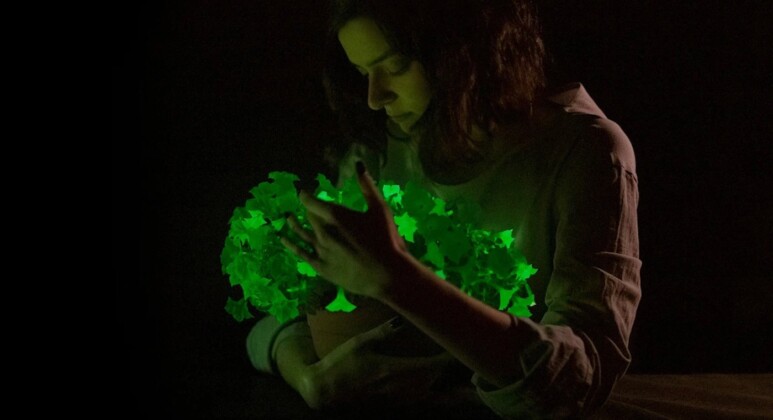Glow-in-the-Dark Petunias

Forest plants don’t naturally glow in the dark like in Avatar, but now we have the ability to genetically modify plants to exhibit bioluminescence. The Firefly Petunia, the first commercially available glowing flower, has received approval from the USDA and is currently open for pre-orders.
Produced by Light Bio, these flowers emit a soft glow similar to moonlight and can be cultivated in pots, baskets, or gardens, achieving a size of 8 to 10 inches with abundant white flowers. Indoors, they can thrive in sunny spots, benefiting from at least six hours of direct sunlight to enhance their brightness.
The concept of bioluminescence was inspired by mushrooms that naturally glow in the dark. Scientists transferred four genes from these mushrooms into a tobacco plant, resulting in continuous bioluminescence throughout the plant’s life.
Lead author Karen Sarkisyan highlighted the potential extension of bioluminescence to other plants, such as periwinkles and roses. Beyond the creation of marketable products, the experiments aim to reveal insights into plant behavior through the emitted light.
The initiative not only explores scientific possibilities but also seeks to rekindle an appreciation for the natural beauty of the plant world. The company envisions that the introduction of bioluminescent plants, such as the Firefly Petunia, will spark interest and curiosity in nature and science, particularly among younger audiences. Through hands-on experiences with living plants designed to emit light, individuals can engage with the fascinating realm of biotechnology.